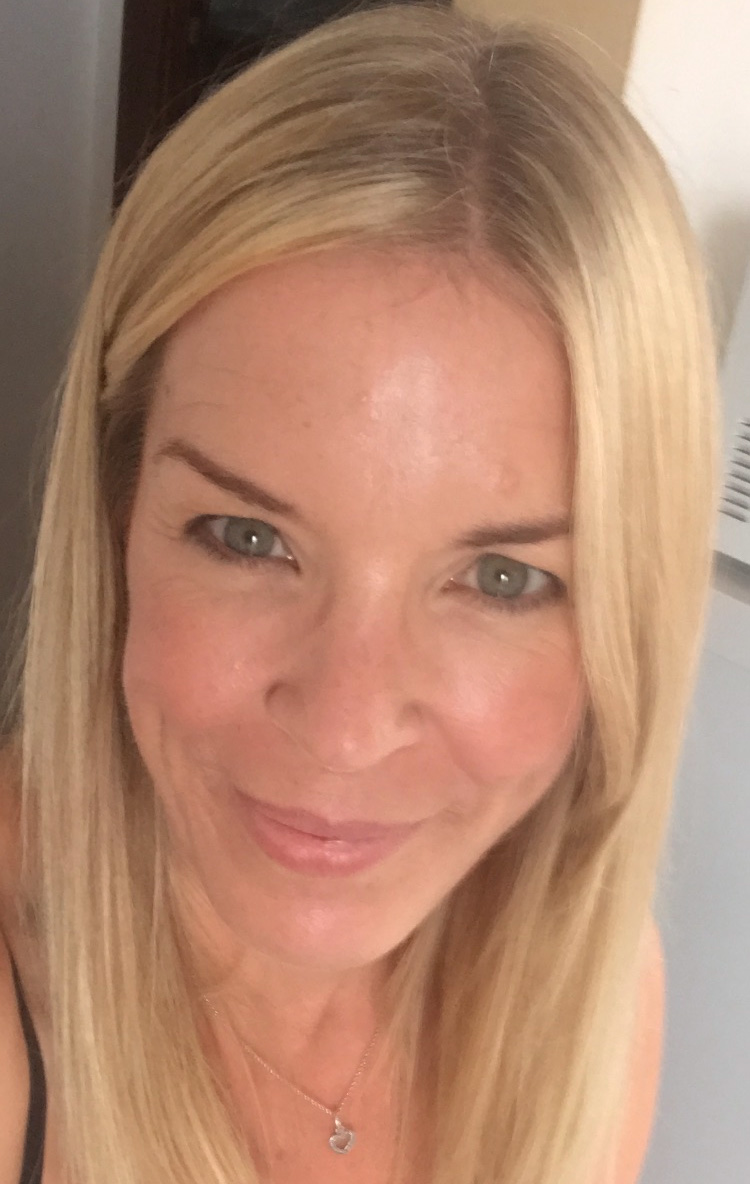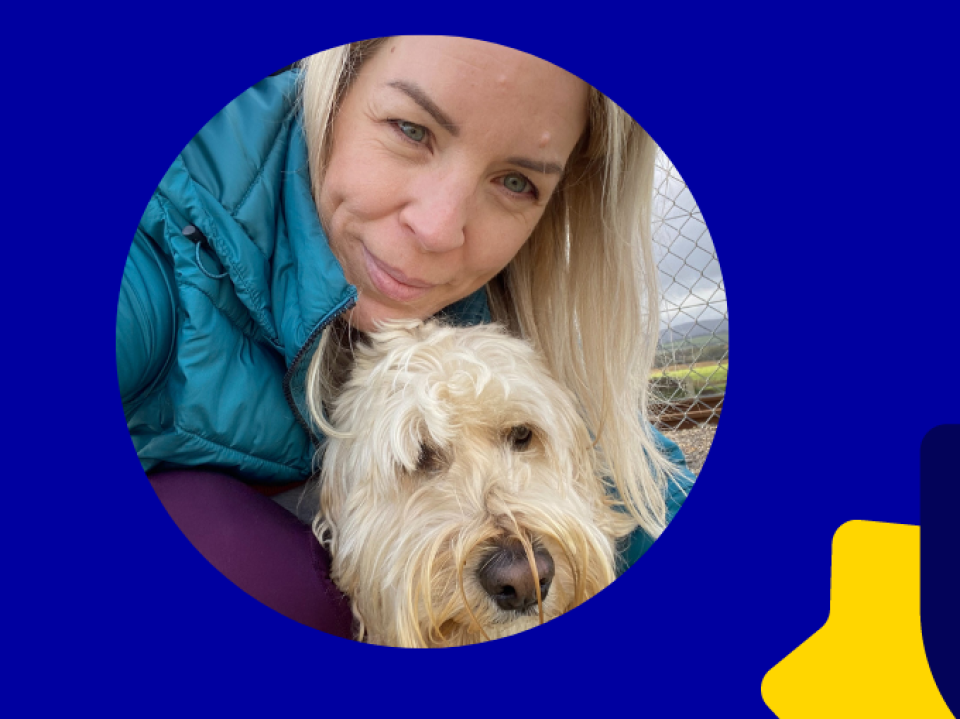Robyn's story
"I think mentally I was over the shock by then. I was in ‘let’s go’ mode – give me the information and tell me how we’re going to get through this.”

“That has been the big thing for me to come to terms with – just how lucky I was to notice the lump and to get it checked out when I did.”
After reading a story on social media about a young woman who died from breast cancer, Robyn Finucane, aged 48, decided to check her breasts. “I came across this story scrolling through Instagram and it just stuck with me. It was playing on my mind. It was the beginning of July and after checking my breasts purely by chance after reading this article, I found a lump.”
Following a visit to her GP, Robyn was referred to the St. Vincent’s Breast Clinic for a triple assessment, but was left waiting over five weeks before being seen to. “I eventually got my appointment but it took me chasing and following up with my GP and the clinic directly to get a date in the diary. I went in on the 17th of August, and I hadn’t told anybody I was going. I have three children, all in their 20s. Two of them live abroad. I didn’t want to worry them in the event it was nothing. When they told me I had cancer, I think I was just in shock. I felt like I was in free fall. The staff were brilliant in that moment, they were so reassuring and helpful, but it still floored me.”
"I think mentally I was over the shock by then. I was in ‘let’s go’ mode – give me the information and tell me how we’re going to get through this.”
“I went out to the car and called my sister and just remember bawling my eyes out. Over the following couple of days, I was on video calls with my children on the other side of the world and talking with my eldest son who was home at the time, breaking this really awful news – it was incredibly difficult, probably one of the hardest parts of this journey. The doctors couldn’t tell me for certain I had cancer there and then, they had to send off my biopsy to be tested but they basically told me to expect it to come back positive for cancer. I went back on the 31st of August to have my diagnosis confirmed, invasive ductal carcinoma, and that time I went with my sister and my son. I think mentally I was over the shock by then. I was in ‘let’s go’ mode – give me the information and tell me how we’re going to get through this.”
After her diagnosis was confirmed, Robyn discussed her treatment options with her consultant. “There’s a lot of waiting around for test results to come back to determine what your treatment will be, whether or not I needed chemotherapy. The waiting around was just horrible. Everyone tells you ‘don’t go near Dr. Google’, but you’re up the walls with worry. You can’t help yourself. I only did research using trusted sources. I found the Irish Cancer Society website really helpful during that period. You don’t want to bog yourself down with information and frighten yourself, but you need to be informed.”
"I found the Irish Cancer Society website really helpful during that period. You don’t want to bog yourself down with information and frighten yourself, but you need to be informed.”
In the end, Robyn would require a lumpectomy with lymph node biopsy, radiotherapy and a course of Tamoxifen for five years. She had her lumpectomy on the 12th of September but it would be over three months later by the time her radiotherapy began. “After recovery from surgery, I was gearing myself up for radiotherapy. I was told it would start mid-November, but it wasn’t until the 14th of December that I began. Again, the waiting around is just very hard. I was chasing them to get booked in – ringing up week after week looking for updates and to get a date to start. When I rang up in early December, they said they could start me in January, but that would have put me beyond the recommended three-month timeline between surgery and radiotherapy, so I pushed for an earlier start.”
After finishing her radiotherapy, Robyn took a week to recover but began easing herself back into work. “I had 20 sessions of radiotherapy from mid-December to mid-January, so all over the Christmas period I was in for treatment. Overall, I found it fine. It was tiring, it was draining, but you get through it. I gave myself a week, but then went back to work 3 days a week to ease myself in. I’m self-employed, so while I have been fortunate enough to fall back on some savings while I have been sick, I needed to get back to work to start getting some income coming in again. In hindsight, I could have done with more time off, the tiredness was quite tough.”
"I know for the breast screening, it can take two years to get called, so even women under 52, in many ways, we’re kind of on our own – it’s up to us on an individual level to notice something and to act on it."

Reflecting on her cancer experience, Robyn is keen to encourage women, especially those under the age bracket for breast screening, to know how to check your breasts and to know what to look out for. “That has been the big thing for me to come to terms with – just how lucky I was to notice the lump and to get it checked out when I did. It plays on my mind: what if I hadn’t seen that article, what if I hadn’t checked my breasts when I did, what if I had been left waiting longer than those five weeks to get my assessment, how fast was my cancer spreading? All of those questions come up for me as I’m trying to process and deal with what I have just gone through. Your body heals but it takes longer for the mind to catch up. For women under 50, and I know for the breast screening, it can take two years to get called, so even women under 52, in many ways, we’re kind of on our own – it’s up to us on an individual level to notice something and to act on it. That’s why checking your breasts is so important, but also knowing what to look out for and doing it regularly as well.”

